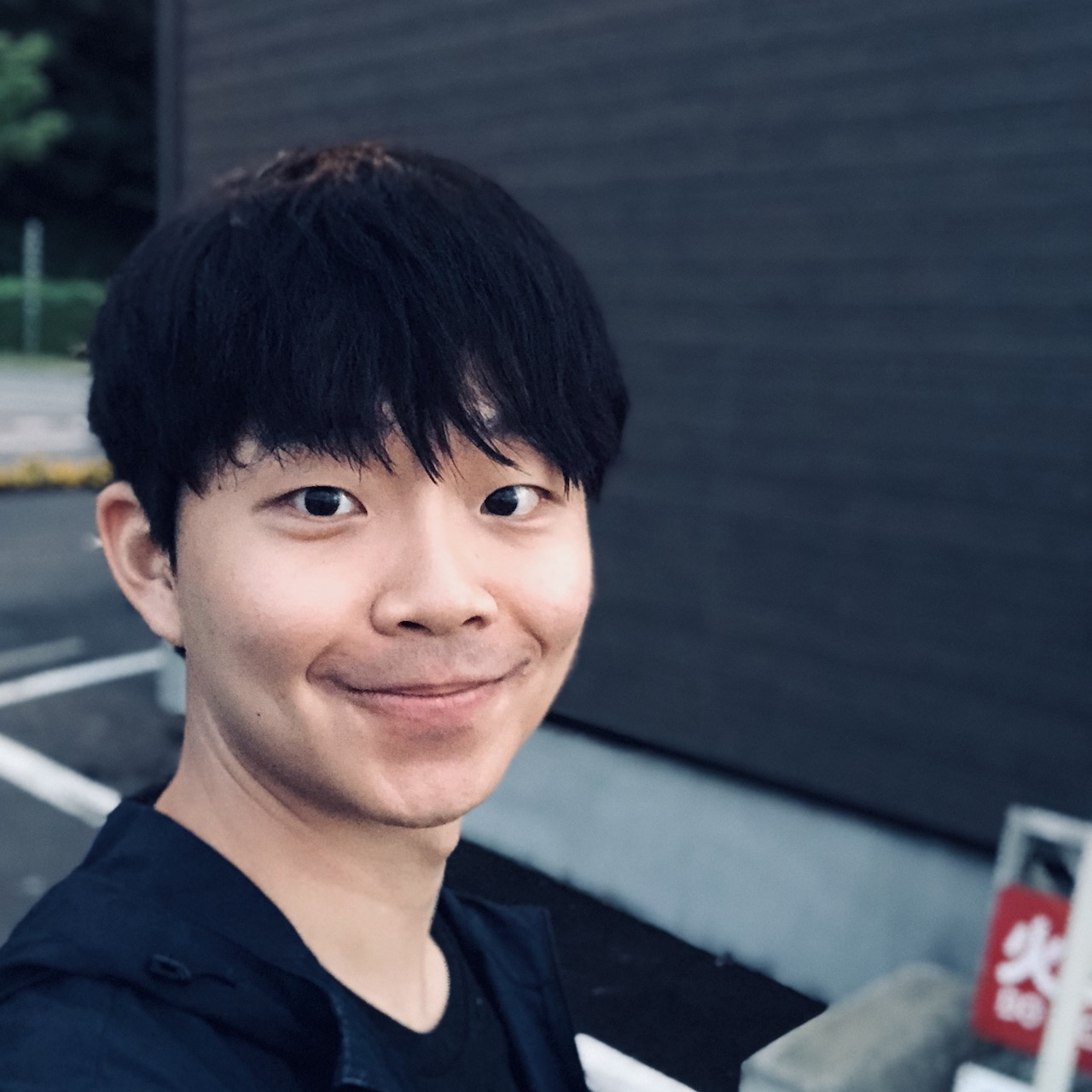Conjecture and Refutation (by Karl Popper)
by Je Hoon Chae
Once your eyes were thus opened you saw confirming instances everywhere: the world was full of verifications of the theory. Whatever happened always confirmed it. Thus its truth appeared manifest; and unbelievers were clearly people who did not want to see the manifest truth; who refused to see it, either because it was against their class interest, or because of their repressions which were still ‘un-analysed’ and crying out for treatment. (p. 45)
No scientific theory can ever be deduced from observation statements, or be described as a truth-function of observation statements. (p. 53)
Assume that we have deliberately made it our task to live in this unknown world of ours; to adjust ourselves to it as well as we can; to take advantage of the opportunities we can find in it; and to explain it, if possible (we need not assume that it is), and as far as possible, with the help of laws and explanatory theories. If we have made this our task, then there is no more rational procedure than the method of trial and error—of conjecture and refutation: of boldly proposing theories; of trying our best to show that these are erroneous; and of accepting them tentatively if our critical efforts are unsuccessful. (p. 68)
Only the falsity of the theory can be inferred from empirical evidence, and this inference is a purely deductive one. (p. 72)
Accordingly every interesting and powerful statement must have a low probability; and vice versa: a statement with a high probability will be scientifically uninteresting, because it says little and has no explanatory power. Although we seek theories with a high degree of corroboration, as scientists we do not seek highly probable theories but explanations; that is to say, powerful and improbable theories. (p. 77)
